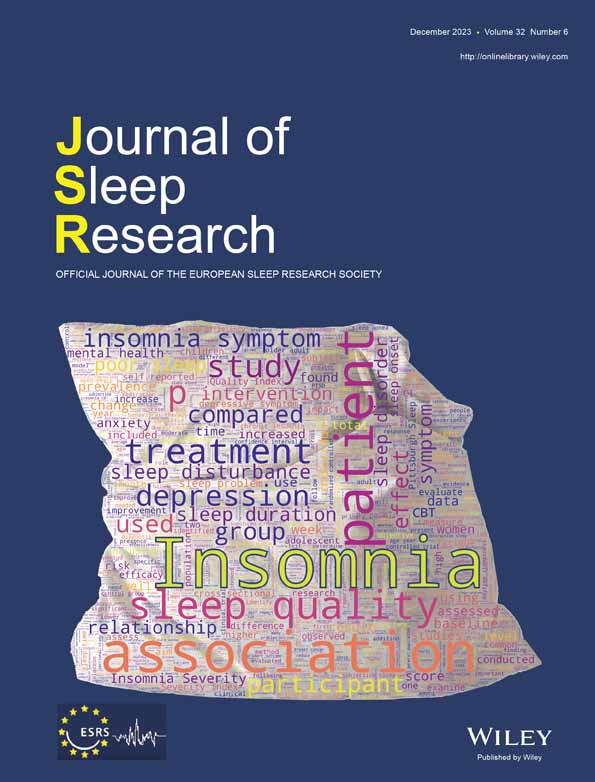
Could you tell us a bit about you and your work?
My background lies in the fields of neurobiology and neuropsychology, and I am currently a PhD student at Barcelonabeta Brain Research Center. My research focuses on the study of fluid biomarker profiles in preclinical Alzheimer’s disease, as well as on the effect of modifiable and non-modifiable risk factors on these biomarkers in the early stage of the disease. I have a special interest in studying whether there are sex differences in fluid biomarkers reflecting different pathophysiological pathways, and on the effect of risk and protective factors on brain pathology. I think this research can provide very valuable knowledge to better understand the disease development and potentially contribute in the design of effective preventive and therapeutic strategies.
Besides my work as a researcher, I have also been involved in the coordination of EPAD WP1: “Scientific challenges”.
You are a member of the EPAD WP1 “Scientific challenges”. Could you please tell us more about its work and main achievements?
EPAD WP1 was created to address scientific challenges related to the design and execution of the study throughout its duration. The main challenges included the definition of a risk spectrum of research participants suitable for secondary prevention, the development of evaluation criteria for inclusion to the project based on biomarker and clinical endpoints, and the assessment and selection of potential trial mechanisms and compounds.
To address these objectives, WP1 was informed and advised through the creation of five different Scientific Advisory Groups (SAGs), which provided key scientific input and support. These were the Imaging SAG, the Clinical and Cognitive outcomes SAG, the Genetics SAG, the Fluid biomarkers SAG and, finally, the Lifestyle and non-pharmacological interventions SAG.
Each of these SAGs has crucially contributed providing evidence and recommendations in relation to the study inclusion criteria, assessments and endpoints. Importantly, their recommendations and white papers resulted in publications in high impact scientific journals.
Besides this, WP1 has also been involved in research access procedures, giving support in the creation of research access committees and processes to receive and manage research applications and to grant access to EPAD data and samples to EPAD partners and also to external researchers. The creation of these processes has allowed the provision of high-quality research data open for the research community through a systematized and overseen research access process.
What value do you see in public-private collaboration and networking with related initiatives?
From my perspective, the public-private collaboration has represented an advantage in the context of the design and execution of EPAD.
Experts in the field from Academy have been key providing scientific input and addressing the challenging questions and decisions to design a high quality and scientifically valuable trial-ready observational cohort such as EPAD. On the other hand, industry partners are crucial for their expertise on study protocols design and implementation. They have also been key for the management of the different trial delivery centres across Europe, and for the development of tools allowing efficient data collection and access processes.
What are the most prominent challenges you see in Alzheimer’s disease research?
Recent research in Alzheimer’s disease is showing very promising evidence on potential therapeutic candidates which, if proved to be effective, might represent a breakthrough advancement towards the possibility to control or prevent the disease progression in Alzheimer’s patients.
Also, many efforts are being put at understanding the physiopathology of the disease in its preclinical phase, years before clinical manifestations arise. A better understanding of the pathophysiological cascade occurring in this early stage would help to identify potential intervention targets. Also, besides seeking pharmacological intervention candidates, non-pharmacological interventions are getting growing interest among the research community, with the aim to find preventive strategies that avoid or delay the onset of dementia.
The heterogeneity in terms of pathological mechanisms and trajectories between individuals is a prominent challenge in the field. The development of the disease is influenced by multiple factors such as sex, gender, race, or lifestyle. Therefore, in my opinion, this is a highly relevant topic that should be further addressed, in order to progress towards precision medicine approaches that enable prevention and therapeutic strategies suitable and effective for each particular risk group.







